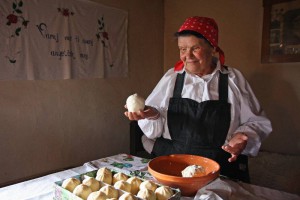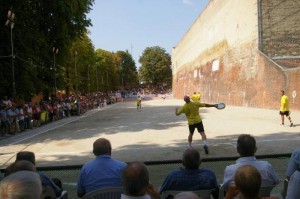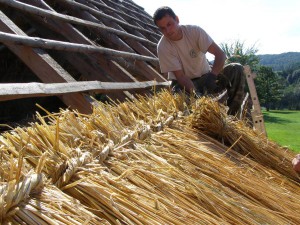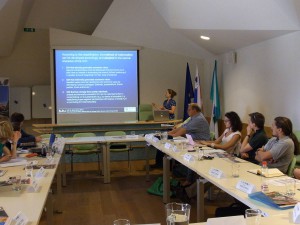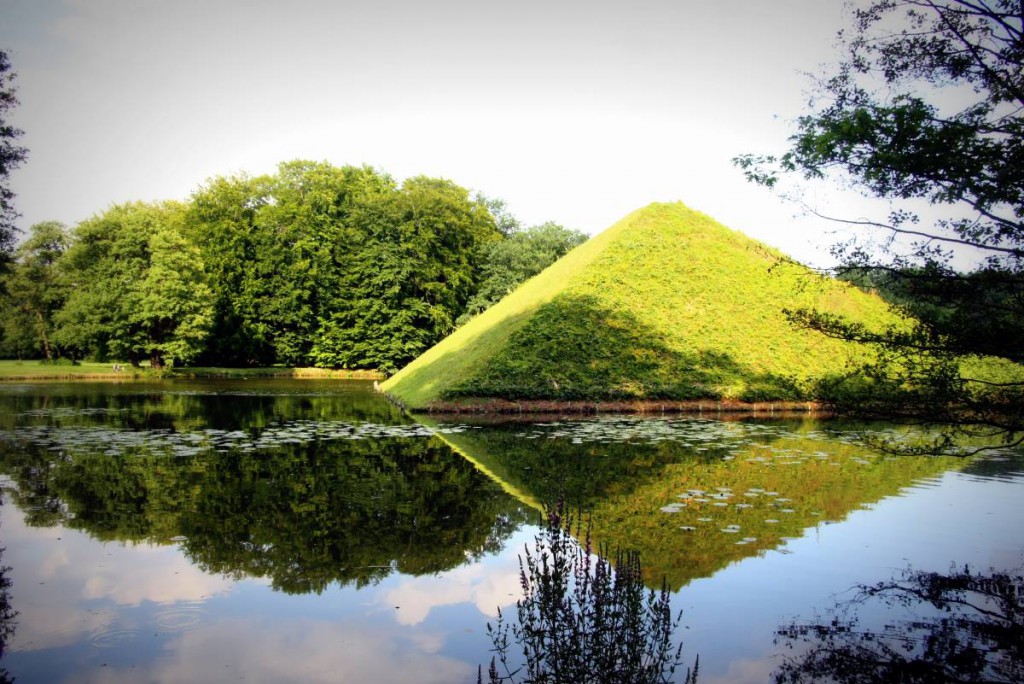
Grave Pyramid (Tumulus) in Park Branitz; © Stefan Simon
The project “Cultural Capital Counts” (CCC)
The EU-funded project, “Cultural Capital Counts” (CCC) aimed to research the various understandings of intangible heritage as well as its value.
In addition to BTU Cottbus, it was a partnership between different socially oriented institutions including local governments, companies and business associations, as well as NGOs and other clubs. Following the adoption of the Convention on Intangible Cultural Heritage, this project was one of the first European programs that explored the sustainability and economic value of intangible goods by placing dimensions of identity formation and the preservation of identity as the central concern.
The project was supported by the ERDF-Funds of the European Union and the
ILB.
More information about “Cultural Capital Counts”: http://www.culturalcapitalcounts.eu
Project coordinator: Prof. Dr. Marie-Theres Albert, Marlen Meißner, Stefan Simon
Project Results
- Download:
Cultural Resources Strategy
- Download
Leitfaden Cultural Capital Counts (DE) (only available in german)
- Link:
culturalcapitalcounts.eu
1) Production of traditional Trnič Cheese in Slovenia (© Development centre Litija, Slovenia)
2) Tamburello game played in the Piemonte region in Italy (©LaMoRo development agency, Italy)
3) Traditional craftsmanship hay-thatching in Hungary (© Winehill Sheperd Organisation)
4) Project meeting in Bovec (Slovenia) in May 2012 (© Cultural Capital Counts)
More Completed Projects, Projects
- Young Climate Action for World Heritage
- 50 Years World Heritage Convention: Shared Responsibility – Conflict & Reconciliation
- Our World Heritage – Mining Cultural Landscape Erzgebirge/Krušnohori
- “Transboundary European World Heritage – a Topic for UNESCO Project Schools”
- Proceedings: African Heritage and the Pillars of Sustainability
- African Heritage and the Pillars of Sustainability
- International Academy Cottbus (ISAC) 2015
- Symposium: The Pillars of Sustainability of the UNESCO Conventions and Programmes
- Symposium: “Steps in the Implementation of the Global Strategy in Germany”
- World Heritage and cultural diversity in theory and pedagogical practice
- Exploration, Evaluation and Preservation of the Church of Peace in Jawor as a World Heritage Site (2011-2014)


